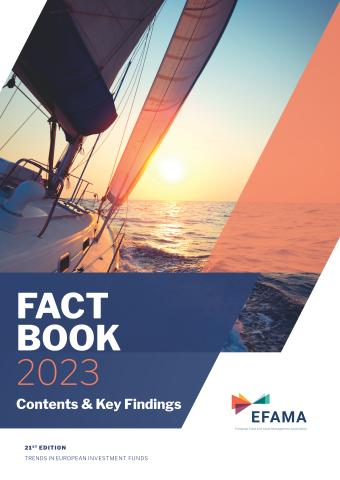EFAMA has responded to the public consultations launched by the European Supervisory Authorities’ (ESAs) on draft regulatory technical standards (RTS) and implementing technical standards (ITS) supplementing the Digital Operational Resilience Act (DORA). Their purpose is to establish further details on the core elements of this regulation harmonising how information and communication technology (ICT) risks are to be addressed in the financial sector.
Unlocking private investment to fund Europe's triple transitions
EFAMA’s publication lays out the asset management sector’s policy priorities for the next five years, building on the in-depth expertise of our members. This includes practical recommendations for keeping Europe competitive and developing deeper, more integrated and liquid capital markets in Europe.
























.png)

































